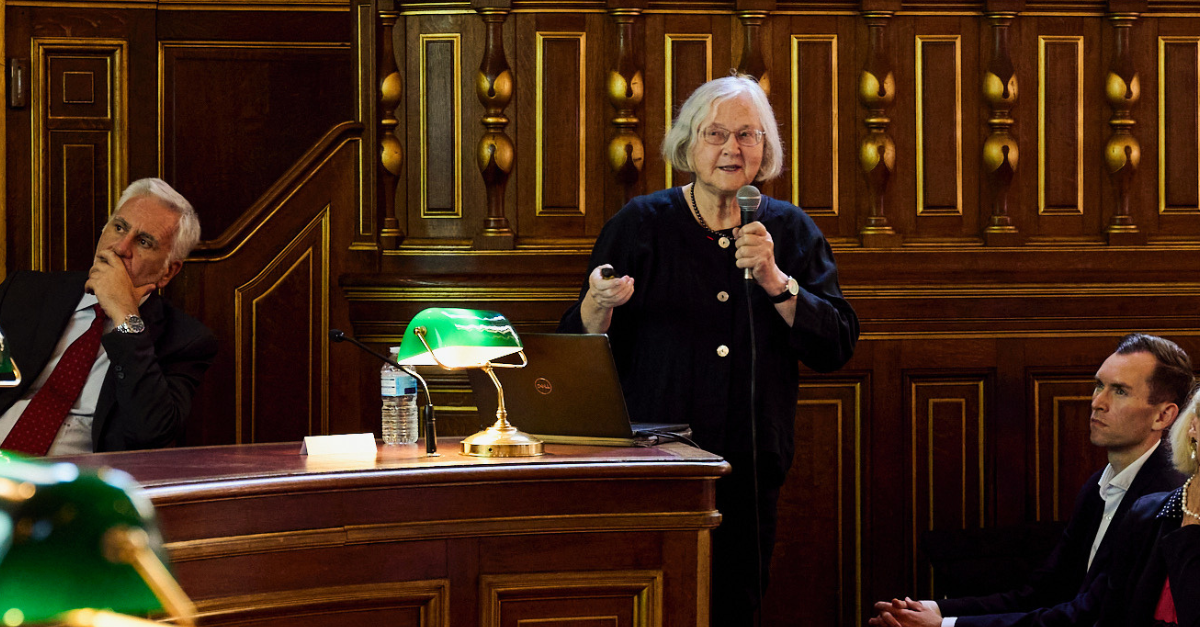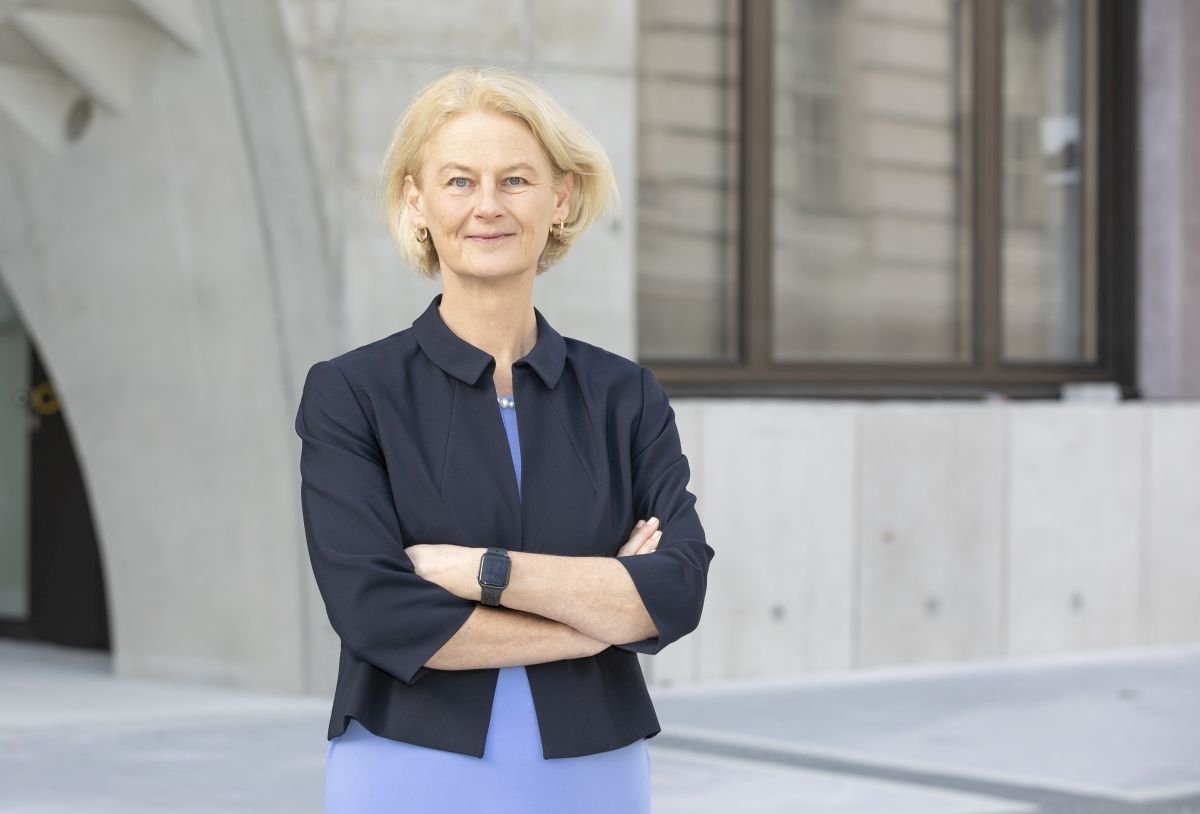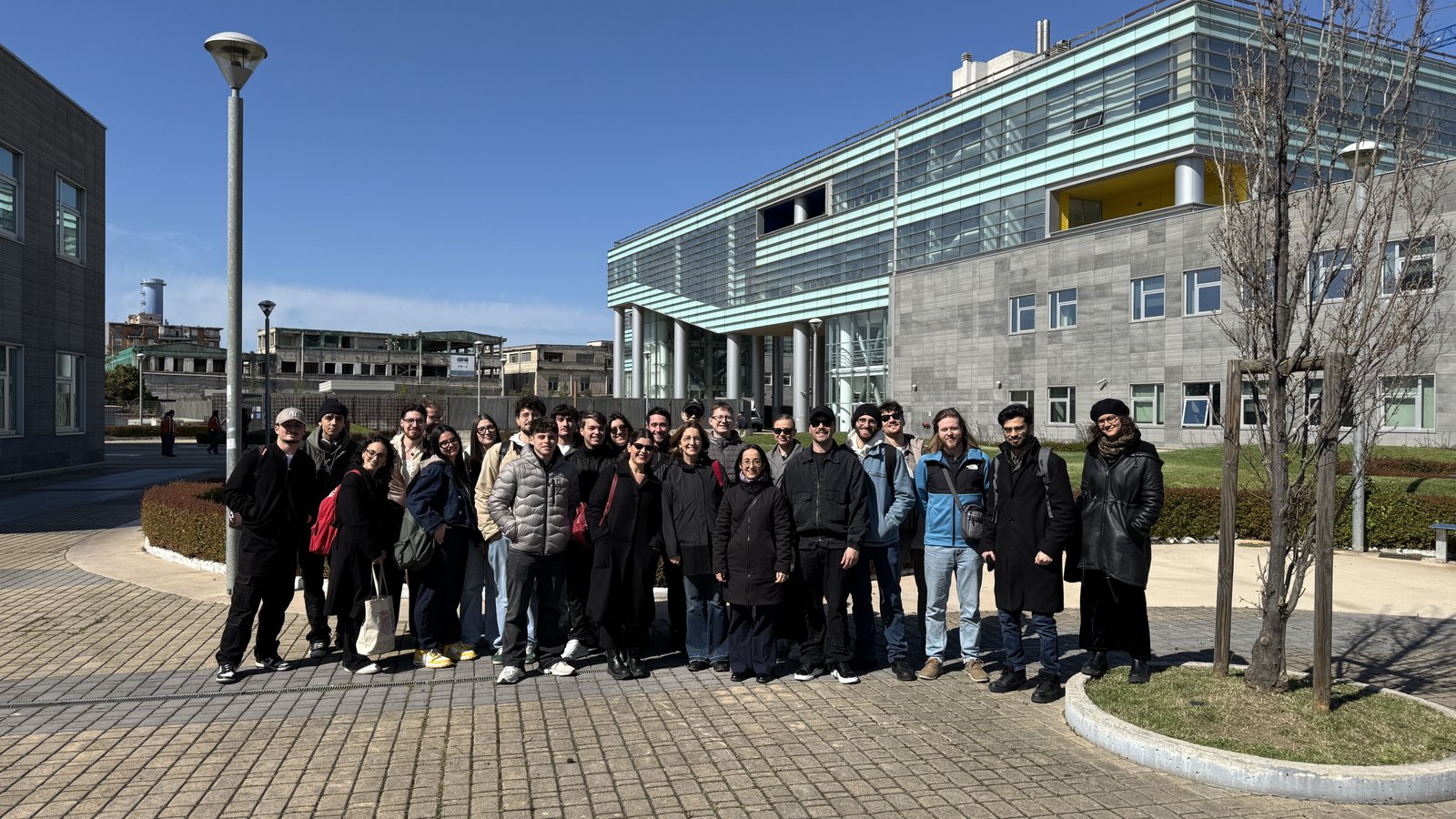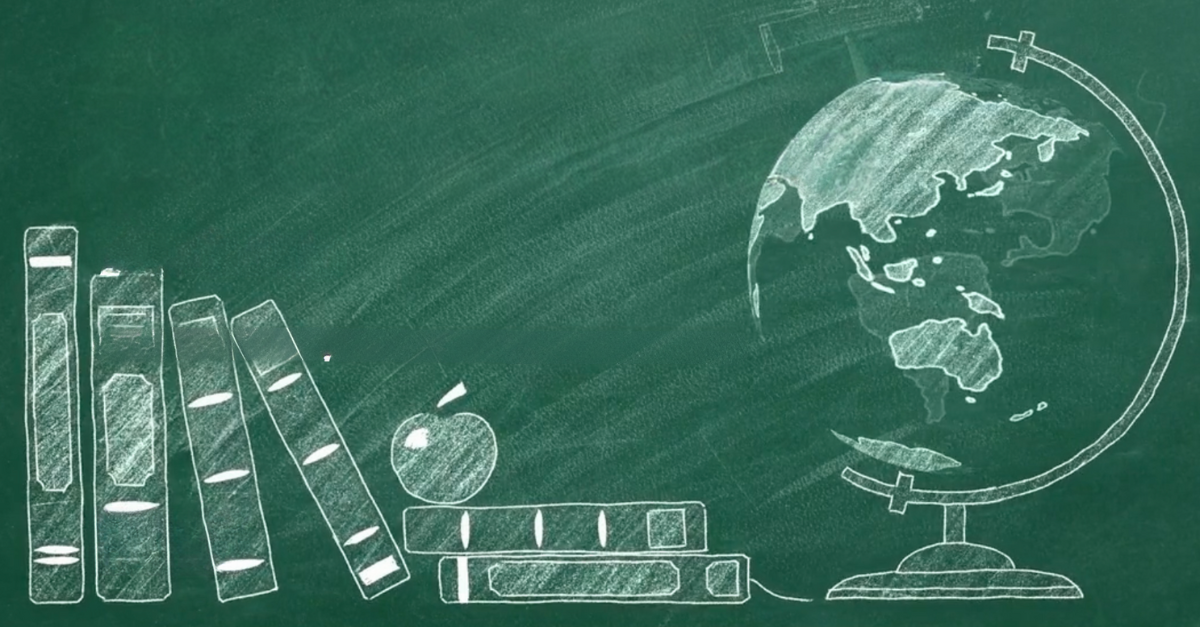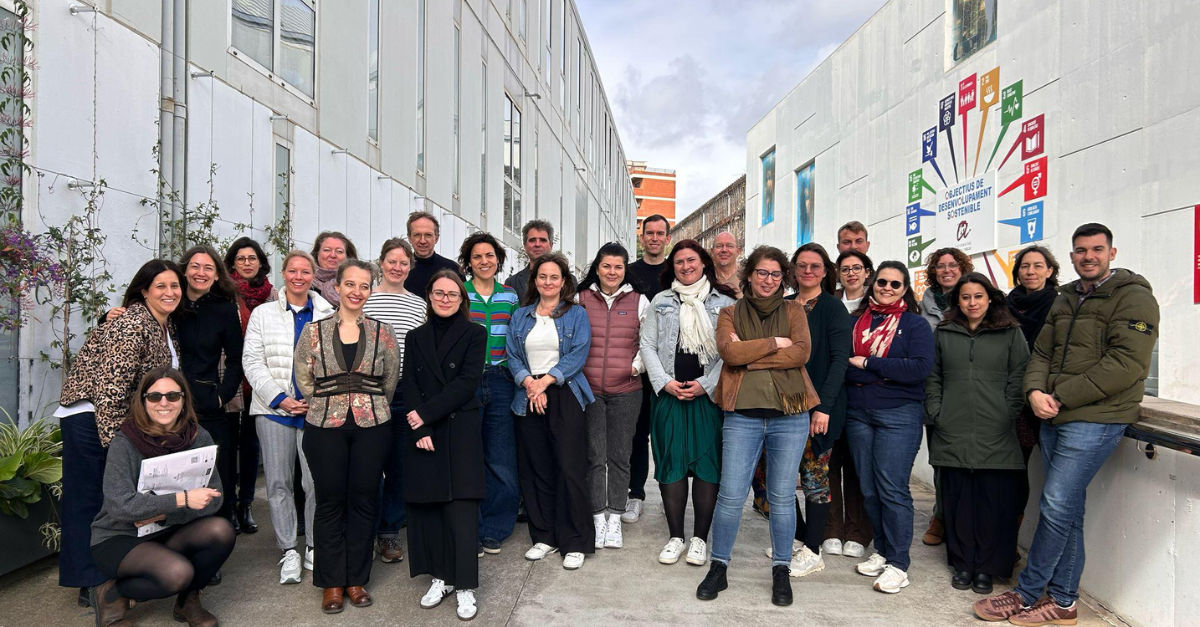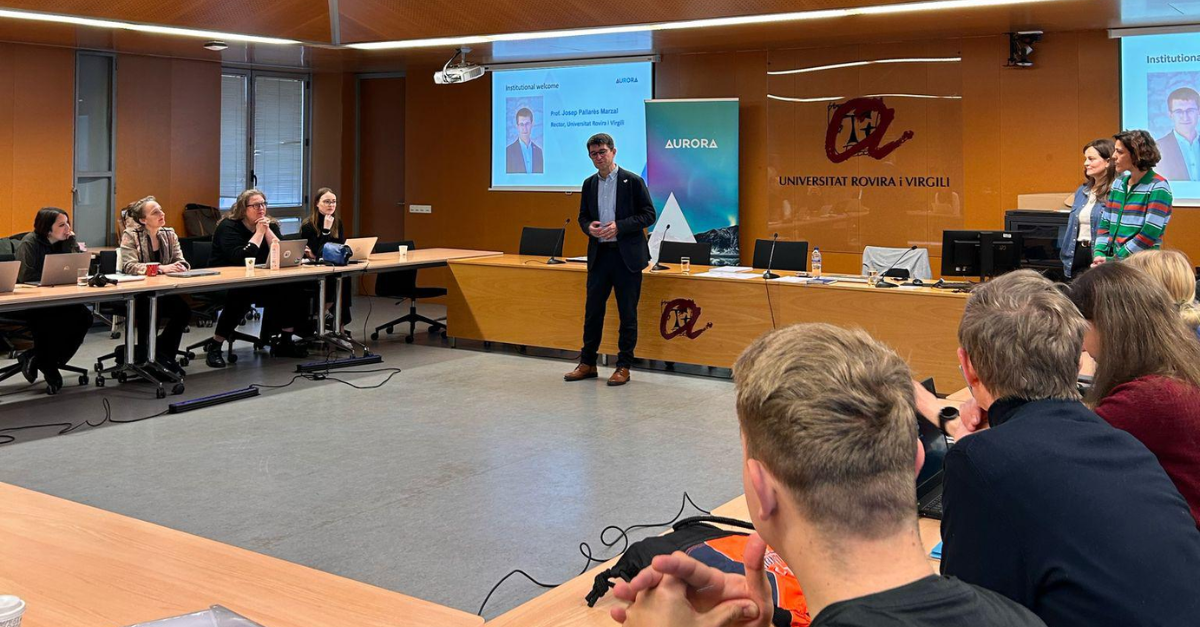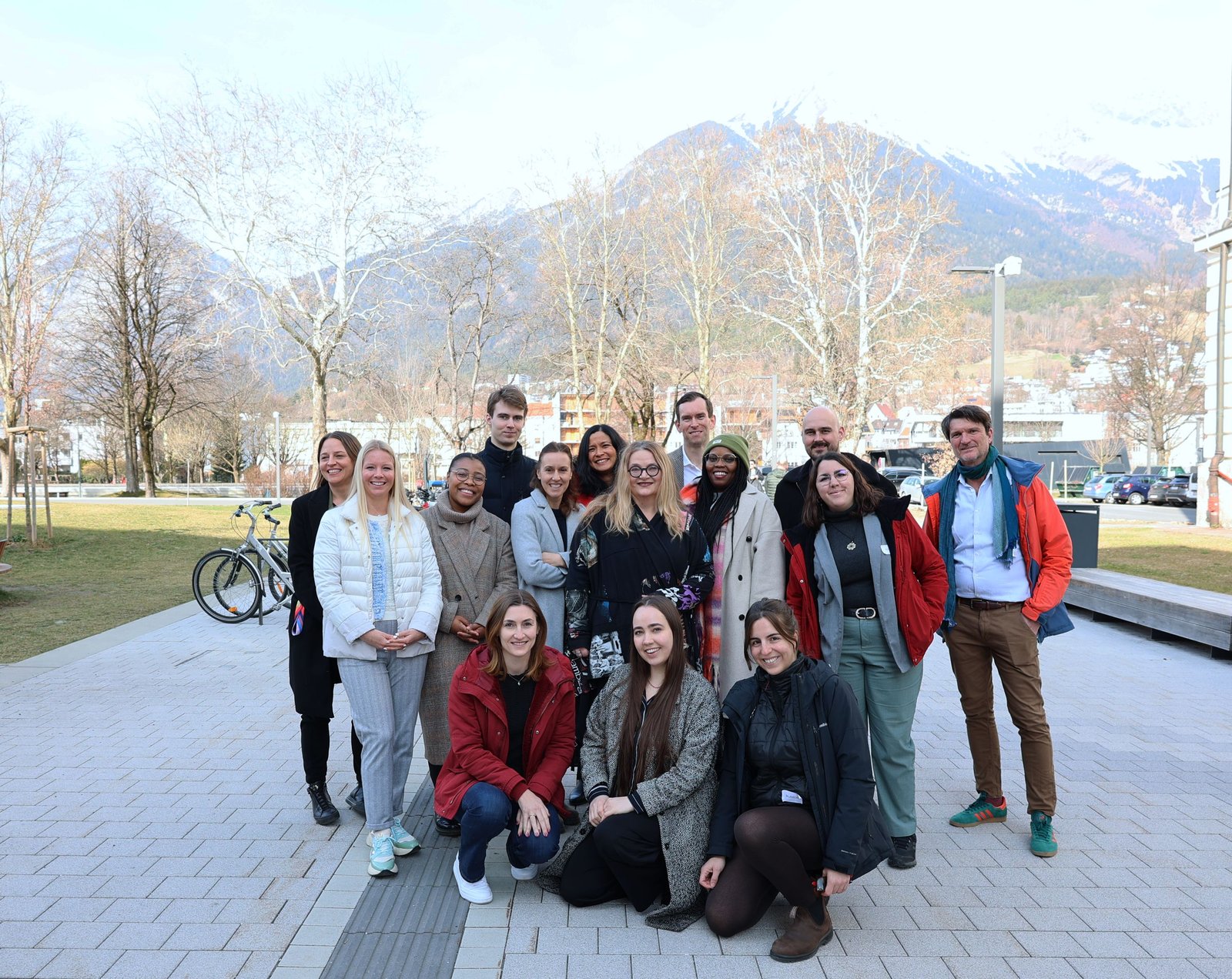Aurora Communication and Dissemination team recently gathered at Universität Innsbruck for an intensive two-day workshop entitled “Impactful Communication”. Led by experts in the field, the team gained knowledge on communicating with impact, further focused on science communication and citizen science engagement.
This workshop was part of the activities for Aurora 2030 Work Package 10 on Impact and Dissemination, and more specifically Task 10.1 on Communication and Dissemination. It offered a broad overview of communication best practices – with specific case study examples backed by research – in the areas of science communication and citizen science.

Aurora Communication and Dissemination team with Universität Innsbruck Aurora Institutional Coordinator Thomas Baumgartner and science communication experts Melanie Bartos and Markus Weiskopf
Communicating with Impact
Building on the initial phase of the Aurora European university alliance, and in line with the Aurora Communication and Dissemination strategy launched in July 2024, the Aurora Communications team is composed of at least one communication representative from each university in Aurora, called the Trusted Local Communicator (TLC).
To ensure impactful communications, these TLCs have the responsibility to inform, exchange with, and engage target audiences at their universities and beyond. In addition, TLCs form an advisory committee to the larger Aurora community, and work as key reference persons on all topics related to communication and dissemination.
The “Impactful Communication” workshop had a two-fold objective:
- To learn more about guidelines for effective communication, especially when disseminating information and engaging the general public about research and science
- To brainstorm ways to collectively undertake joint communication actions that, overall, will have an impact on the strategic positioning of Aurora within each member university.
Strengthening the Foundation for Communication
The workshop kicked off with Markus Weiskopf, science journalist and editor at Research.Table, who gave an interactive talk on “Science, Media and the Public: Current Trends, Challenges and Opportunities for Universities”. He provided an overview of the current state of science communication, and shared resounding research about the public’s declining trust in science.
Weiskopf further underlined two key aspects in which impactful science communication can help influence: the polarisation on trust in science and the role of (new) media. He explained how trust in science has been slowly chipped away since the coronavirus pandemic in 2020. The increased proliferation and use of new channels of communication such as social media, also exacerbated the spread of distrust in science.
At a time when virtual communication continues to rise, science communication professionals are constantly seeking ways to keep abreast, hop on the bandwagon, and attempt to counter misinformation, disinformation and fake news related to research and science.

From left to right: Uwe Steger, Head of Communications and Melanie Bartos, science communicator at Universität Innsbruck, and Markus Weiskopf, science journalist and editor at Research.Table
Speaker Melanie Bartos, science communicator in the Public Relations Office at the Universität Innsbruck offered some insights on this topic through her talk “Behind the Scenes: Exploring Science Communication at the University of Innsbruck”. Specialist in developing multimedia formats like podcasts, online and social media communication, Bartos touched upon the generational gaps on how people perceive and receive information, bearing in mind the different (virtual) channels through which they are exposed to the information.
Above all, both Weiskopf and Bartos stressed upon science communication as being a solid bridge between science and society. Science communication, in and by itself, is also a research-based field of communication studies, and is especially critical for difficult topics like climate change, or the coronavirus pandemic.
Science Communication and Citizen Engagement
Science communication is a strong lever to make science and scientific findings visible and comprehensible to the public. As part of the “Impactful Communication” workshop, Universität Innsbruck science education specialist Florian Westreicher and doctoral student Friederike Barkmann organised an interactive workshop on Citizen Science. Using the Viel-Falter Butterfly Monitoring Austria project, they exposed the challenges scientists face to communicate about their research and its impact, and to engage citizens in their research projects.
The Aurora Communications team experienced firsthand the preparatory work behind involving (non-scientific) citizens in research, such as accurate field data collection. Guided by Westreicher and Barkmann, the team underwent a crash training course on identifying diverse species of butterflies before proceeding to count mock butterflies hidden on the walls and windows indoors.
This experience enabled the Communications team to understand the complexities of participatory research projects involving citizens, especially when considering the communication and dissemination actions prior, during and after experiments are conducted. A debriefing session concluded areas of improvement, such as having sufficient training, adequate equipment and tools, and being informed of research results.
Florian Westreicher, science education specialist, and Friederike Bartmann, doctoral student at Universität Innsbruck, holding an interactive workshop based on the Viel-Falter Butterfly Monitoring Austria project
Collaboration to Catalyse Impact
Fresh with the conclusions from expert talks and workshops, the Communications team set to work on creating concrete joint actions, in accordance with the strategy to further strengthen communication and dissemination within Aurora universities.
Breaking out in smaller groups, each team was given the task to identify at least one achievable communication action that could be undertaken collectively. The objective was to raise the visibility of Aurora and its positioning within each university, and to encourage its communities to engage in Aurora activities.
The Communications team came up with a list of ten joint actions, categorised by priority and ease of implementation, and a timeline of when these actions should be launched. Some examples include:
- Social media takeovers by students and staff to share Aurora mobility experiences of learning, training and research across universities
- Durable Aurora branded items to instil a sense of belonging
- Aurora chat groups to build communities.

TLC Workshop 2025 on Impactful Communication at the Universität Innsbruck, Austria
The two-day workshop on “Impactful Communication” left the Aurora Communications team with a deeper knowledge of general communication and dissemination practices, science communication and citizen science. It also reinforced the fact that cooperation and intercultural understanding are essential values to ensure success in an alliance such as Aurora.

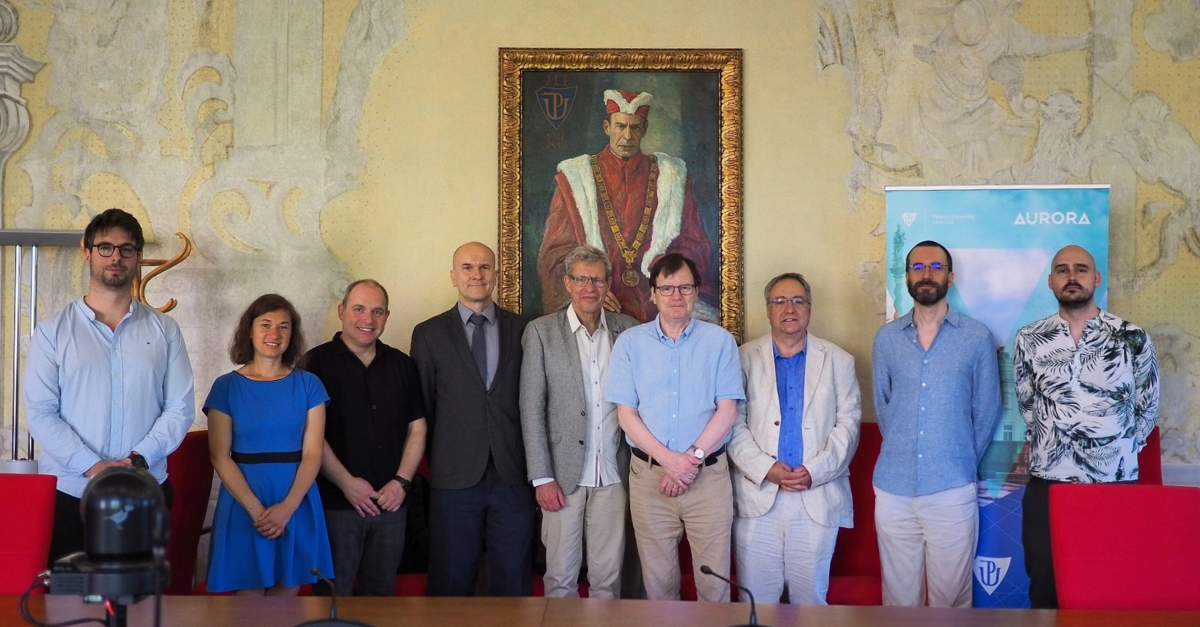
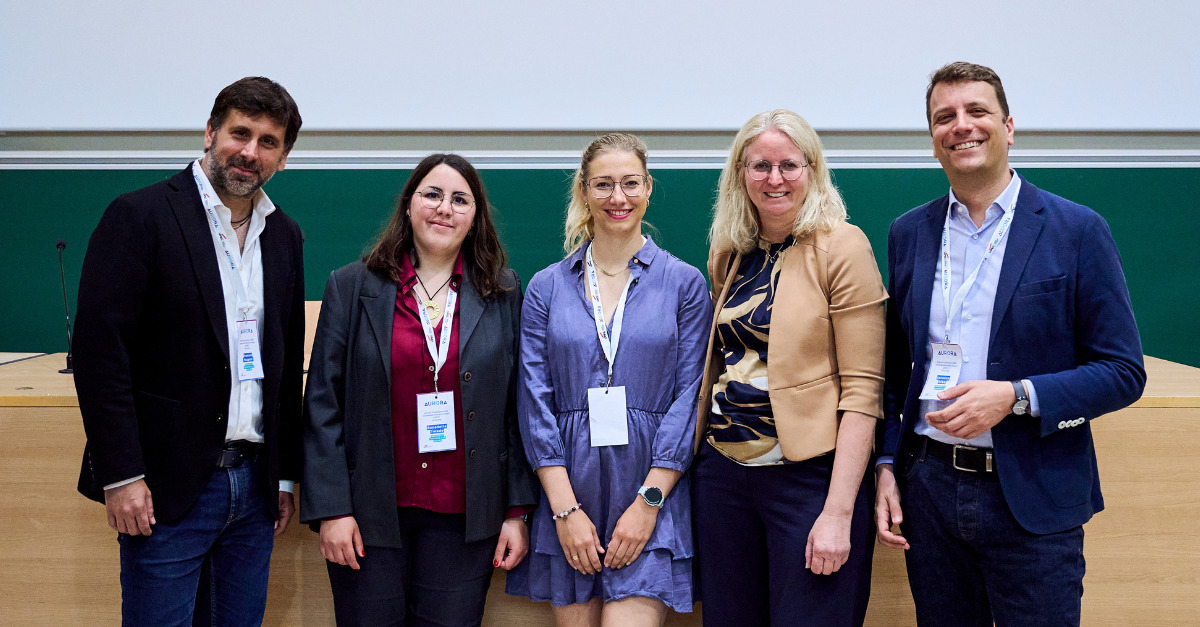
 From left to right: Ramon Rispoli, Benedetta Toledo, Zuzana Hunkova, Marjolein Zweekhorst and Lorenzo Rieg
From left to right: Ramon Rispoli, Benedetta Toledo, Zuzana Hunkova, Marjolein Zweekhorst and Lorenzo Rieg From left to right: Lolita Rubens, Maurizio Cellura and Hafdís Hanna Ægisdóttir
From left to right: Lolita Rubens, Maurizio Cellura and Hafdís Hanna Ægisdóttir
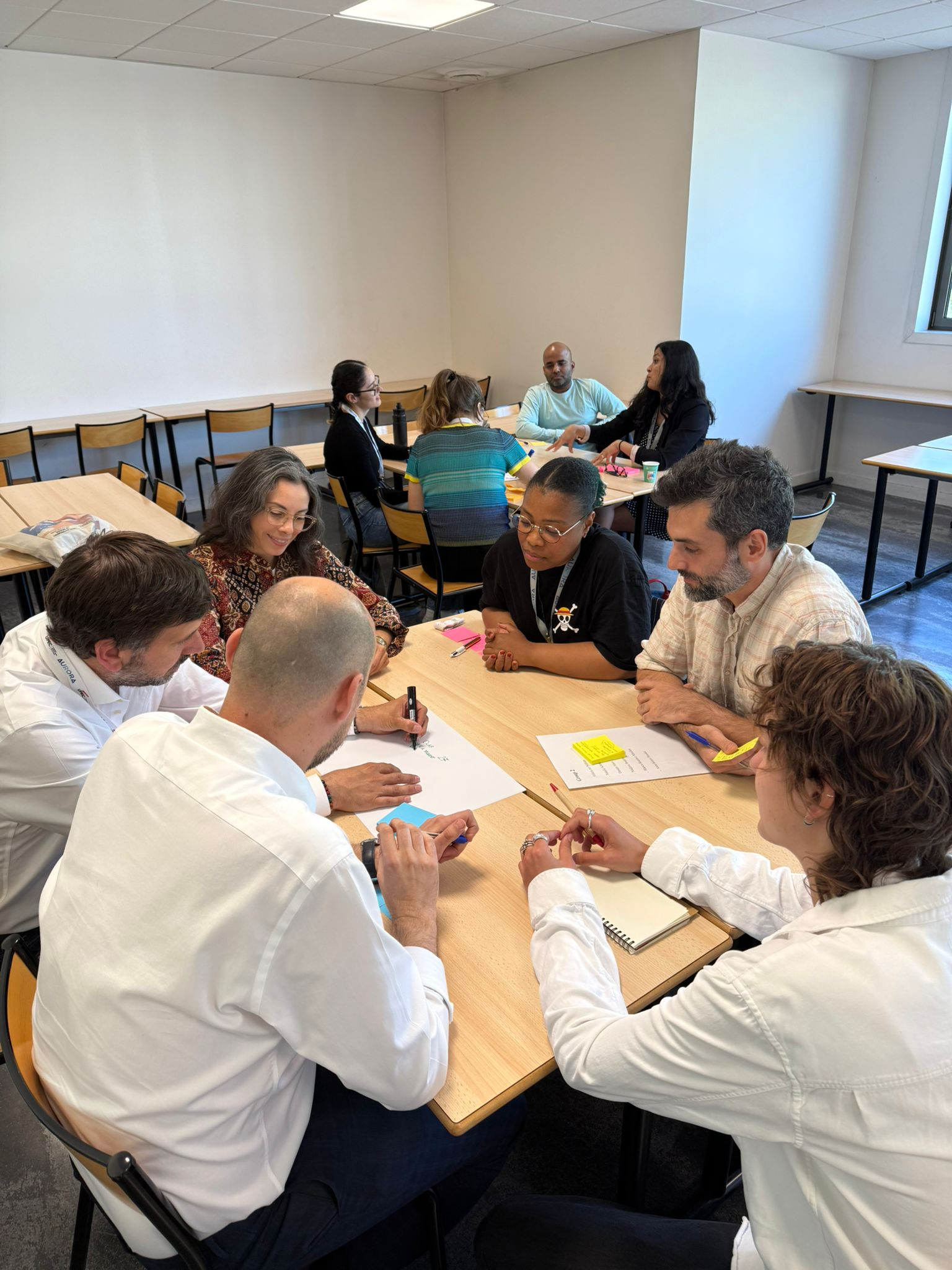
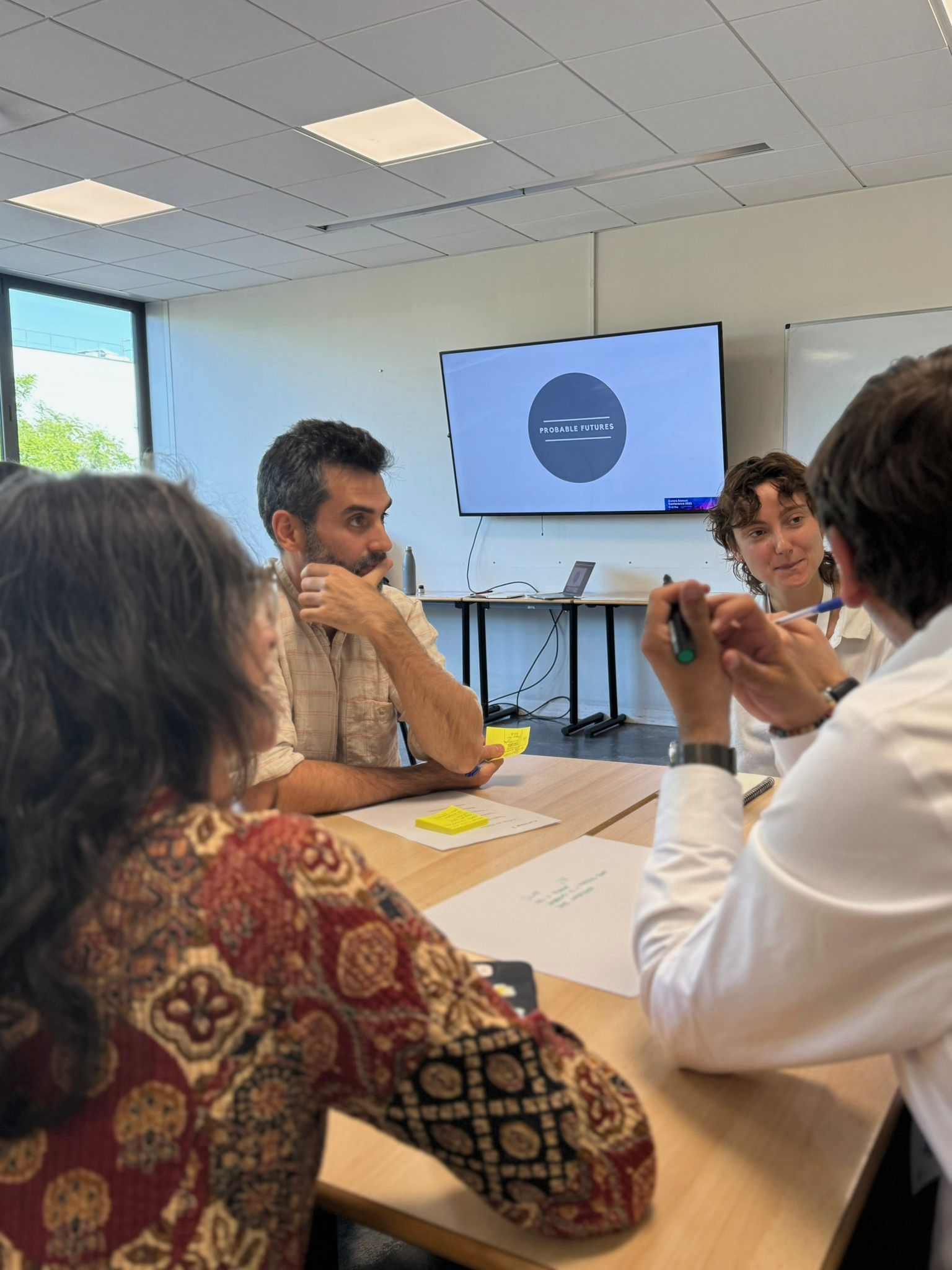
 Ceremonial handover of the Aurora flag by Université Paris-Est Créteil (UPEC) to University of Duisburg-Essen as hosts of the Aurora Annual Conference 2026
Ceremonial handover of the Aurora flag by Université Paris-Est Créteil (UPEC) to University of Duisburg-Essen as hosts of the Aurora Annual Conference 2026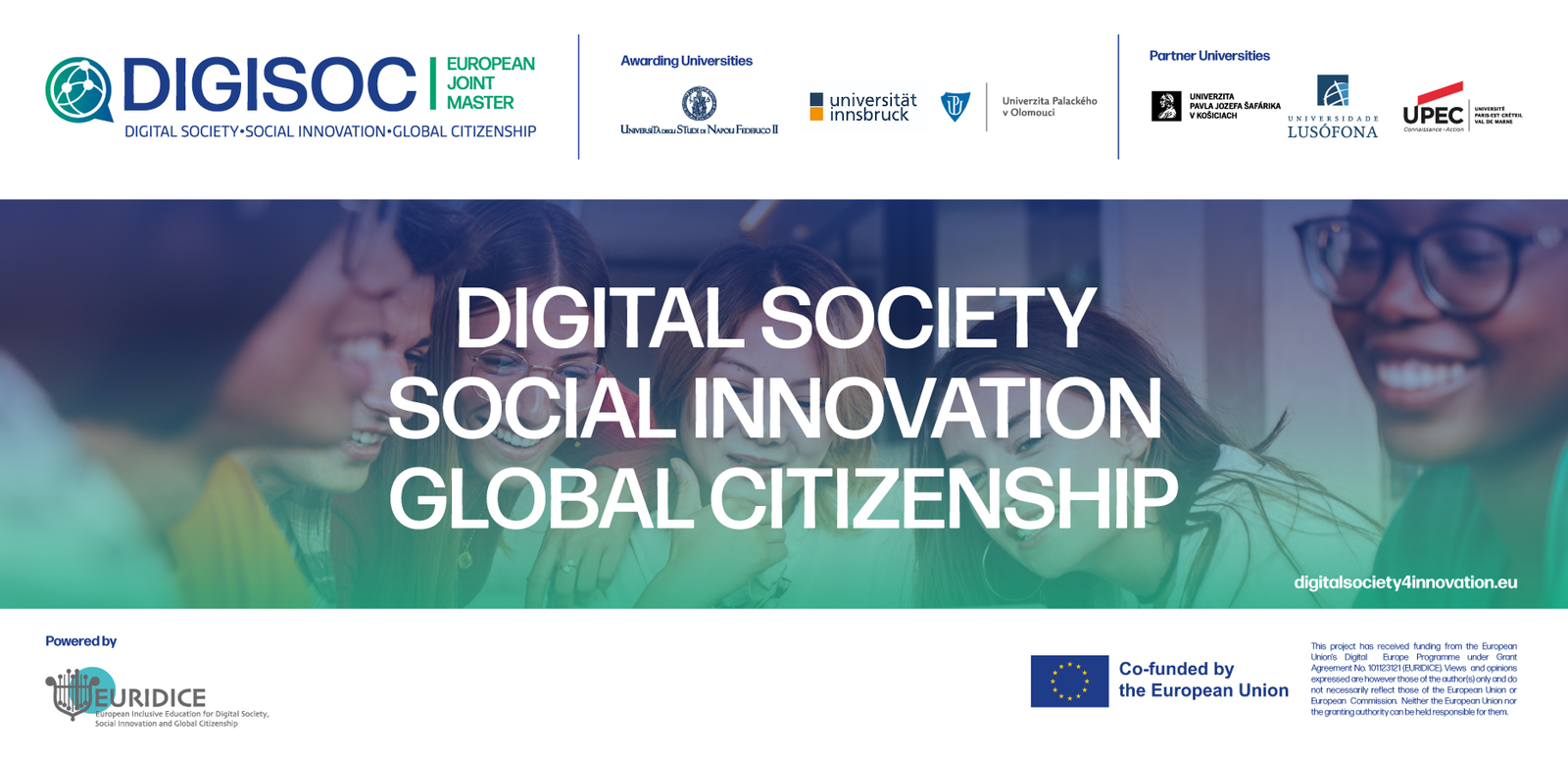
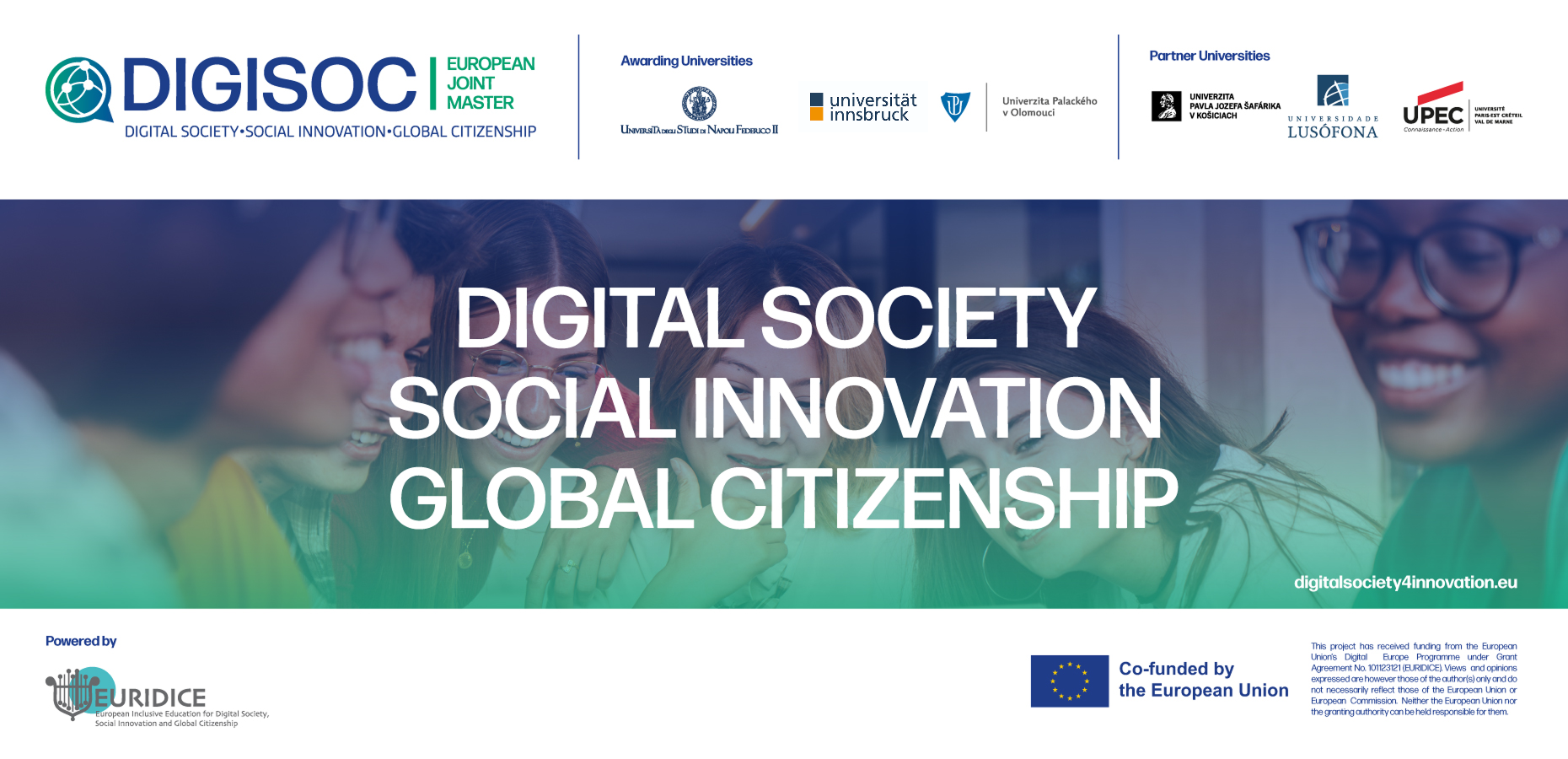
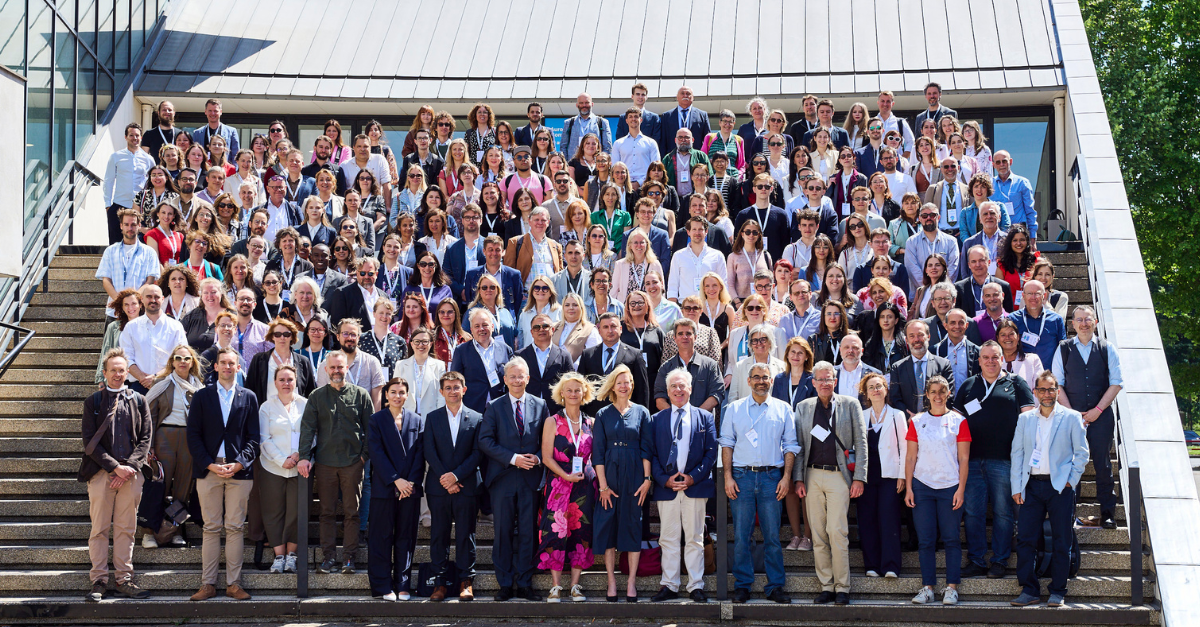
 Aurora Annual Conference 2025 attendees from Aurora universities across Europe
Aurora Annual Conference 2025 attendees from Aurora universities across Europe


